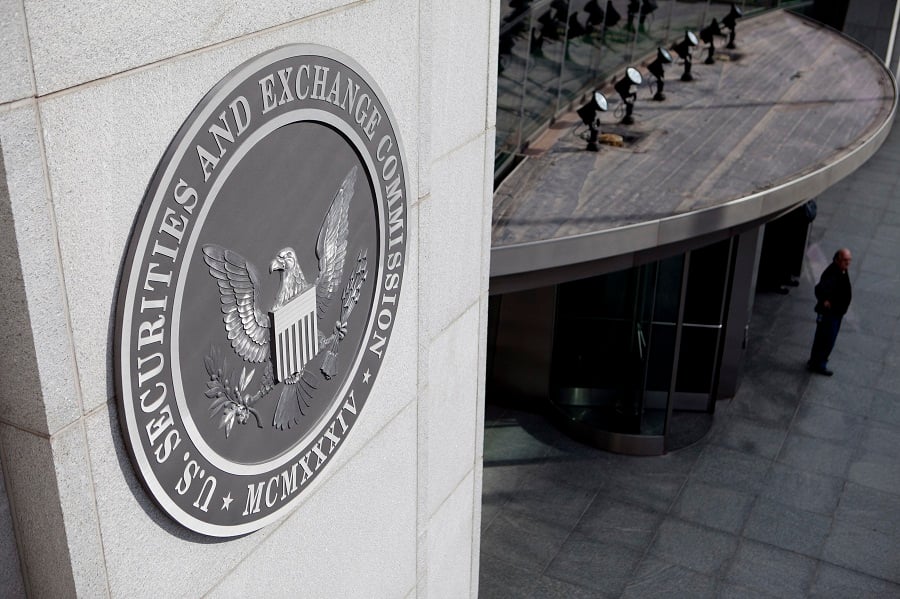A Massachusetts financial adviser defrauded investors and lost up to $12 million of their money investing in Canadian penny stock companies he had undisclosed financial stakes in, regulators said.
Hans Peter Black, founder of Boston-based Interinvest Corp., served on the boards of four companies he had clients invest in, and a separate entity Mr. Black controls received $1.7 million from them, the Securities and Exchange Commission alleged in a
complaint filed in federal court in Boston.
None of these relationships, which have existed since at least 2010, were disclosed to clients or in Interinvest's form ADV, the SEC alleged in Tuesday's complaint.
“Investment advisers have a duty to put their clients' interests first and fully disclose all conflicts of interest,” said Paul Levenson, director of the SEC regional office in Boston.
(More: SEC says RIA used client money to pay settlement)
Even a new ADV that Interinvest filed last year after a routine SEC examination asked for additional documentation greatly underrepresented Mr. Black's involvement in the companies, the commission said.
Mr. Black, 62, who resides in Westmount, Canada, said the SEC claims are “totally outrageous.” He said the $1.7 million his company received was reimbursement for travel, hotel and conference expenses over several years.
He also said “smaller-cap companies” have generated “very good returns for our clients” over the years.
Charging Interinvest and Mr. Black with fraud, the SEC asked the court to freeze Interinvest's assets and to stop Mr. Black from exercising control over client assets.
Interinvest purported to have about $95 million in client assets as of April 2015, when it filed its amended ADV, the commission said.
The SEC sent Interinvest a subpoena in February 2015 asking to see documentation of the company's bank accounts, trades and compliance policies, but Mr. Black has failed to comply with regulators' request, the SEC said in its complaint.
As much as $12 million of the $17 million invested in the four firms may have been lost based on recent trades in the companies' penny stock, the SEC said.







